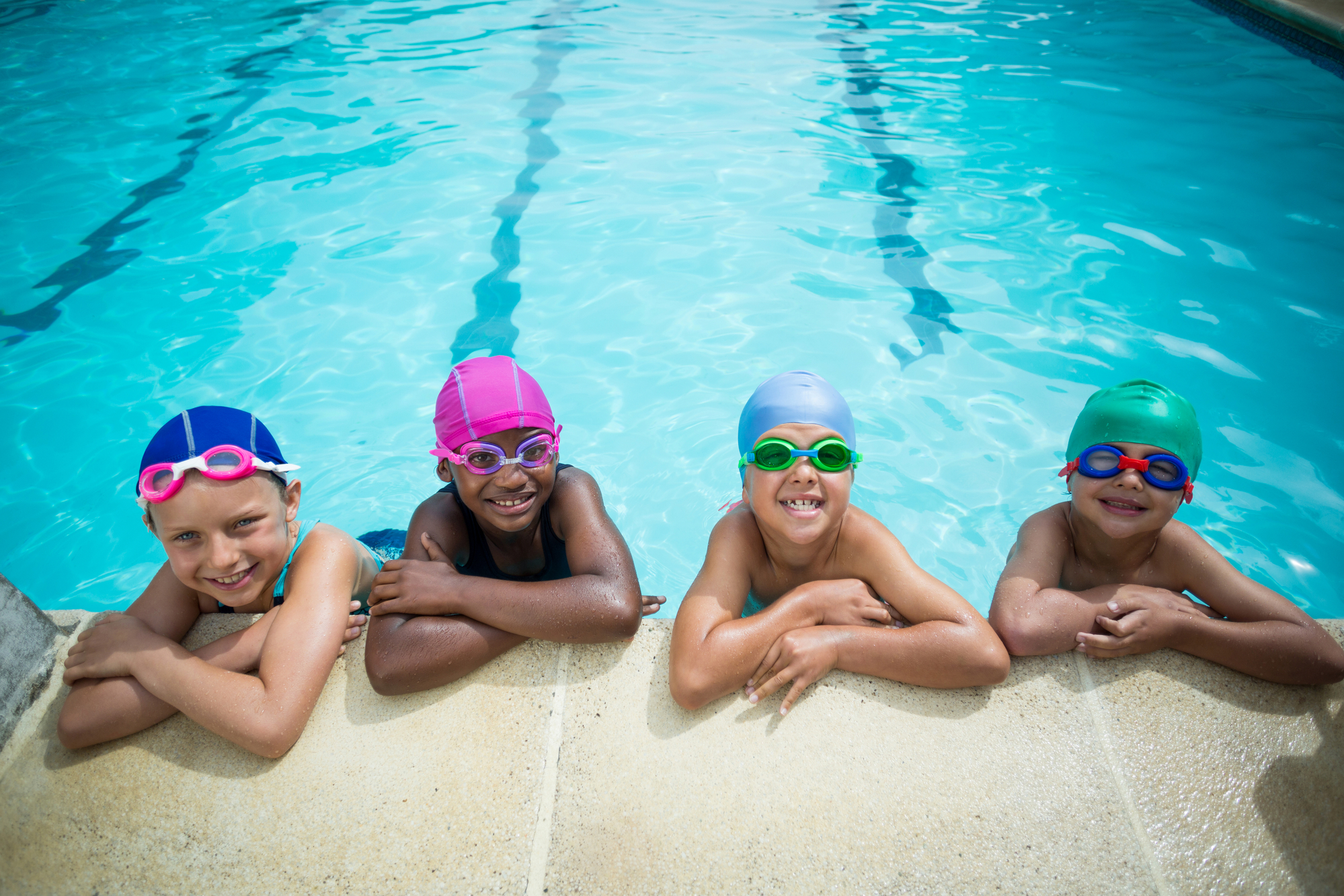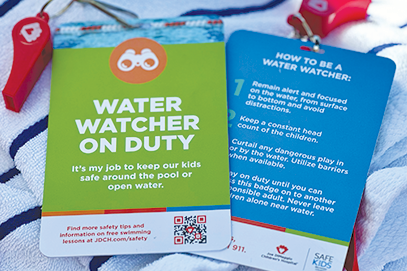How to Keep Your Kids Safe in The Water
June 18, 2021

Updated: April 15, 2024
Teaching your kids to be safe around the water is not a luxury, it’s a necessity. We want to make sure you and your children are safe and have fun at the beach, lake, pool, or boat. That’s why we talked to Tamar Levene, MD, pediatric surgeon at Joe DiMaggio Children’s Hospital, about water safety and how to make sure the unthinkable doesn’t happen.
Water Safety Adds Up: Drowning Data
According the Centers for Disease Control and Prevention (CDC), drowning is the number one cause of death for toddlers. For every child that drowns, four to five children will come to the emergency department for near drowning.
Drownings and near drownings can happen in an instant, and the effects can last forever.
- It takes only 20 seconds for a child to fall under the water.
- It takes 4 minutes for them to sustain irreversible brain damage or death from drowning.
- The brain damage children could experience from a near drowning can leave them unable to feed themselves or even dependent on feeding tubes.
Water Wings Are Not Safe for Swimming
Many parents buy water wings thinking they will keep their kids safe, but the truth is water wings just aren’t safe.
They give a false sense of security that a child will float on the water, when they can still drown even with water wings on. Water wings may not support a child’s weight and sometimes when they fall under the water, they don’t come back to the surface.



6 Tips to Help Kids Play Safe Around Water
1. Swim Instruction
Swimming is the #1 skill to help your child stay safe in the water. The American Academy of Pediatrics recommends swim instruction for all children ages 1-4.
Did you know?
The Children’s Services Council of Broward County and Broward County’s SWIM Central are offering a swim coupon to help offset the cost of swimming instruction for children and their families at participating aquatics facilities. Learn where to sign-up for swimming lessons by downloading this list of Broward and Palm Beach County pools or visit Water Smart Broward to locate a pool near you.
2. Install Proper Pool Barriers and Alarms
Fences should be four feet high with less than 4 inches between the slats so kids can’t slip through them. They need to have a self-latching and close mechanism that’s 54 inches high so children can’t reach it.
3. Never Store Toys Poolside
Bright and shiny toys can entice little ones to wander dangerously close to the water.
4. Avoid Floaties
Flotation devices may give parents and children a false sense of security that the children are protected from drowning. If a flotation device is needed, make sure to use an appropriately fitting U.S. Coast Guard approved life jacket.
5. Be Aware of Water and Weather Conditions
South Florida is known for having a variety of outdoor waterways that people love to wade, splash, and swim in. Whether you're enjoying the beach, lake, or spring, watch for uneven surfaces, rip currents, and ocean undertow. Also, you should always leave the water when the weather conditions (i.e., lightening, thunderstorms) change unexpectedly.
6. Assign a "Water Watcher"

Most think that at parties, more people present means more people watching the kids. This is not true! There are usually more distractions in big groups, so it’s essential to hire a lifeguard, or assign a "water watcher". This is an adult who monitors everyone in the water, they're not on their cell phone, or engaged in conversation. They should be poolside and readily identifiable as the water watcher.
Spending time in the water is great exercise for kids and a fun way to keep them moving and off of screens. To make sure your summer swimming fun is a “day at the beach”, follow Dr. Levene’s water safety tips.
Play safe and don’t forget to have fun!



